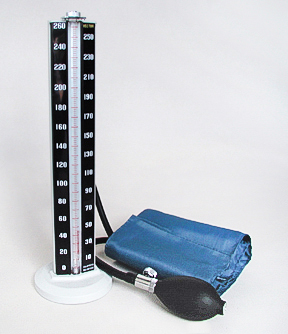Debate Response: Charlie Gard, Interests and Justice – an alternative view
Dominic Wilkinson
Responding to Julian Savulescu
The sad and difficult case of Charlie Gard, which featured in the media last week, is the latest in a series of High Court and Family court cases when parents and doctors have disagreed about medical treatment for a child. Doctors regard the treatment as “futile” or “potentially inappropriate”. Parents, in contrast, want treatment to continue, perhaps in the hope that the child’s condition will improve. In the Charlie Gard case, the judge, Justice Francis, rejected Charlie’s parents’ request for him to travel to the US for an experimental medical treatment. He ruled that life-sustaining treatment could be withdrawn, and Charlie allowed to die.
Two reasons
As Julian Savulescu argues,there are two different ethical reasons for health professionals to refuse to provide requested medical treatment for a child. The first of these is based on concern for the best interests of the patient. Treatment should not be provided if it would harm the child. The second reason is on the basis of distributive justice. In a public health system with limited resources, providing expensive or scarce treatment would potentially harm other patients since it would mean that those other patients would be denied access to treatment.
Read More »Debate Response: Charlie Gard, Interests and Justice – an alternative view


 e first St Cross Special Ethics Seminar for Hilary Term.
e first St Cross Special Ethics Seminar for Hilary Term.